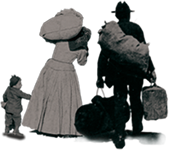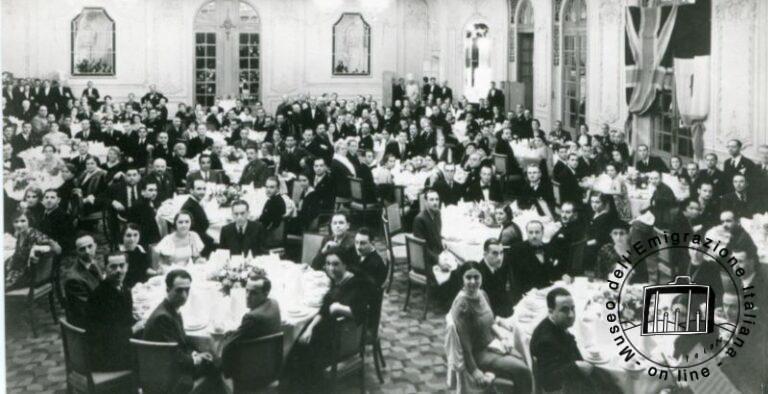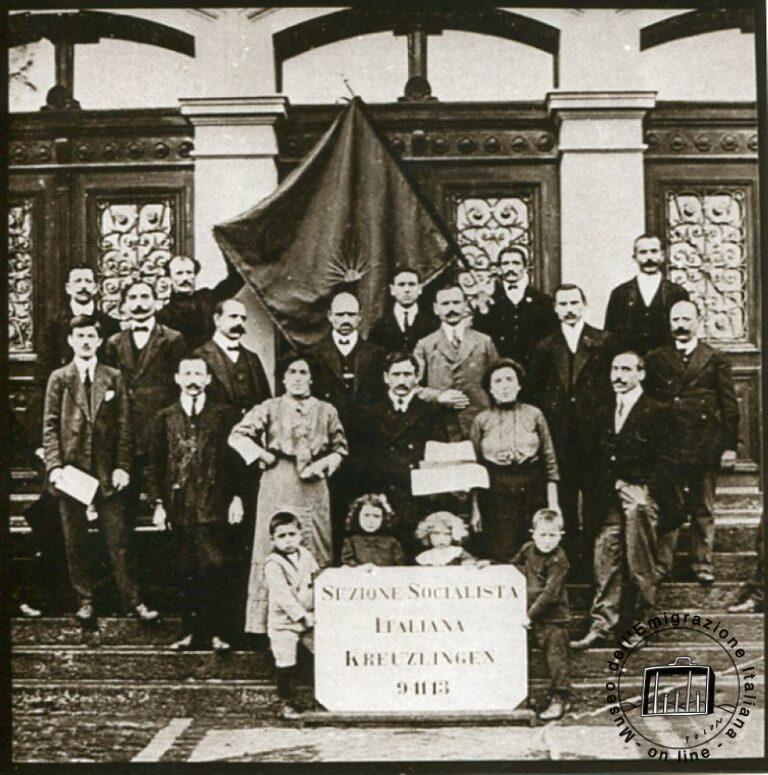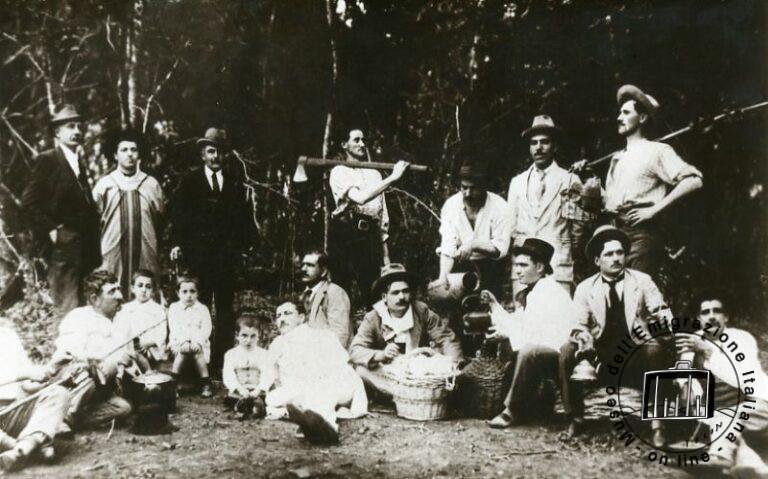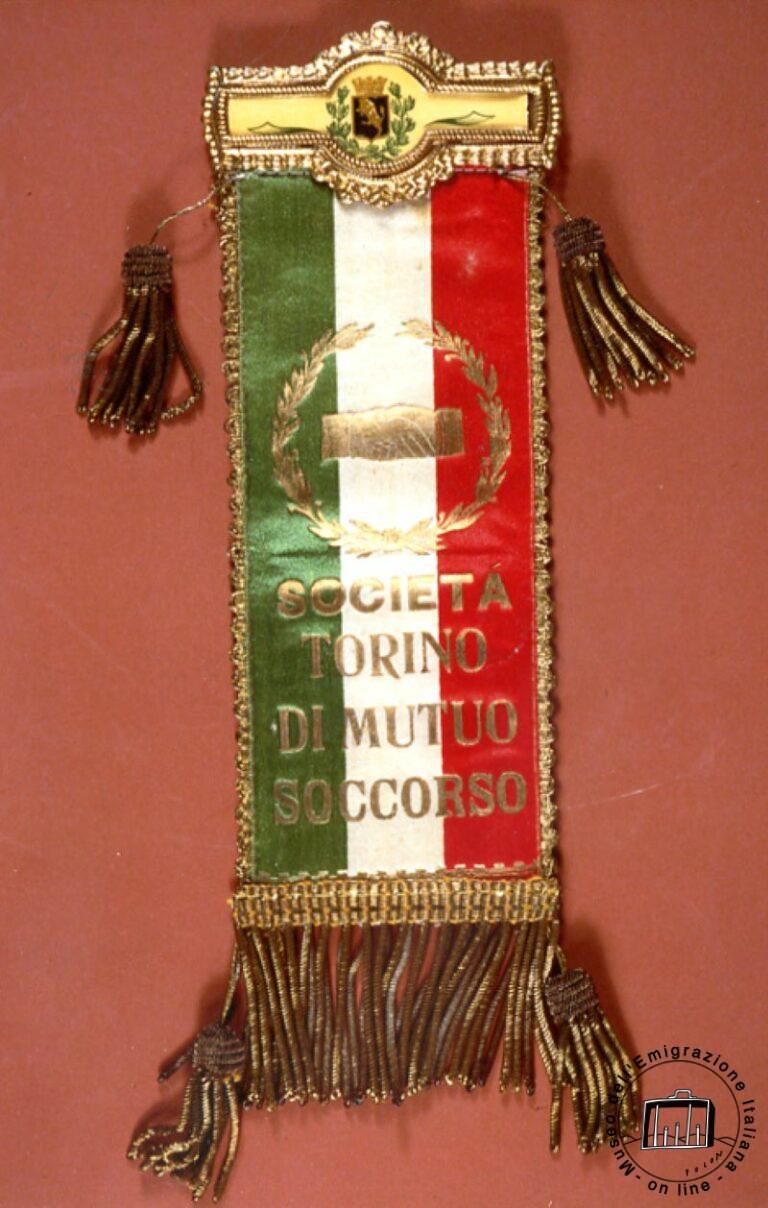During the "great emigration," the first associations sprang up for mutual aid among members and to overcome the difficulties involved in settling into a new reality. With the payment of small monthly dues by all members, help was provided for some time to those who lost their jobs and to care for the sick. In fact, in any country, wages, even good wages, were paid only for days of actual work, and in addition, there was no assistance in case of absence due to illness or other reasons.
In some cases the society was combined with the operation of a commissary that sold basic necessities at lower prices than the market. All ordinary members paid small monthly sums while membership was almost obligatory for honorary members or benefactors who supplemented the capital stock with handouts or provided free services that would otherwise have been too costly for the members.
Later on, the societies broadened the boundaries of their activities: they carried out work placement; they provided health education to reduce the incidence of disease and also had their own doctors and clinics; they created schools and libraries both for teaching Italian to new generations and for improving the technical education of members; and they organized the leisure time of members with social lunches, dances, parties for political and religious anniversaries, and cultural and sports events. The latter activities led to the creation of other societies dedicated to them: thus, there were philodramatic and choral associations, while sports ones, with the exception it seems of boxing gyms, were really an "invention" of the new homelands. The only Italian "sports game" transplanted and practiced universally was that of bocce.
At the societies, which generally subscribed to some Italian newspapers, it was, finally, possible to follow the affairs of the home region through local newspapers, which, by reporting Italian affairs, acted as a glue with the communities abroad.
A great limitation of almost all associations-even with the differences that resulted from being formed in very different countries and also from being born in urban or rural settings-was exaggerated parochialism.

